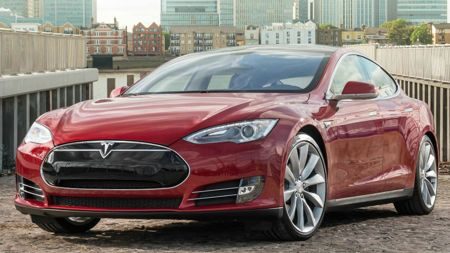It seems that no amount of doom and gloom about the fate of our planet has successfully encouraged us to try to save it.
But there are signs that things may be changing. Vehicle manufacturers by and large are playing their part but the majority of consumers still seem reluctant to change the habits of a lifetime and embrace technology that can significantly reduce emissions.
British consumers are happy enough, and even demand that their new car is fitted with the latest digital technology and connectivity, even if they don’t always know what that is, but still prefer more proven and traditional technology under the bonnet.
While their encounters with electric and hybrid vehicles have yet to develop into full-blown love affairs there is evidence that dating is becoming more serious.
Figures from the SMMT show that last year of the record of 2.7 million new car registrations nearly 90,000 were AFVs – alternative fuel vehicles (the SMMT definition for any vehicle that is not propelled solely by either a petrol or diesel engine). That’s a 3.3% market share or the equivalent to Kia’s 2016 registrations, but more significantly it’s an increase of 22.2% compared with 2015.
This increase shows no sign of abating even if the latest new car registrations for March were enhanced by people’s desire to avoid the increase in vehicle excise duty, especially for those
buying ultra-low emission vehicles which have escaped any tax until now. The year-to-date increase in registrations of AFVs is at 30% resulting in an overall market share of 4.1%.
At this rate, although the new car market is not expected to be much more than 2.5 million in 2017, new AFVs are will break the 100,000 mark in annual registrations later this year.

The long-term ownership experience may be a challenge when mechanical and/or body repairs are required and the nearest dealer doesn’t have a qualified technician available or when batteries need to be replaced.
But 21 years since GM started production of the EV1 (above) and 20 years since the launch of the Toyota Prius, AFVs are becoming accepted as credible alternatives to conventional cars. That can only be a good thing.

